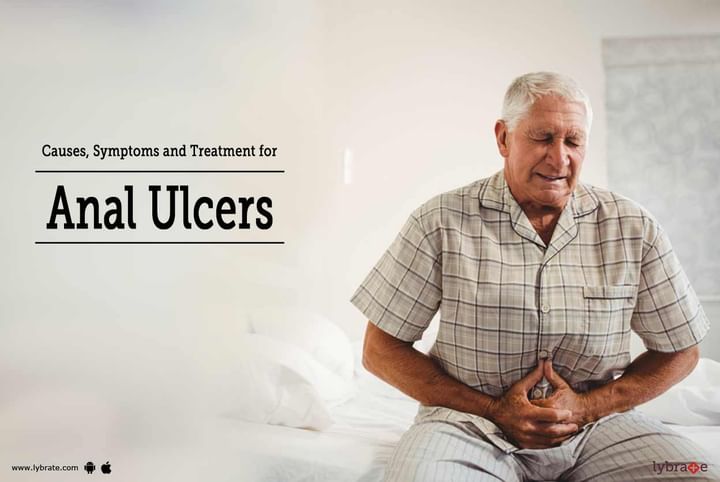Causes, Symptoms and Treatment for Anal Ulcers
Anal fissures are the small tears formed in the anal lining. They are also known as anal ulcers. An anal fissure causes a lot of pain and bleeding during your bowel movements. Usually a fissure heals automatically in a few days time. It can be treated with simple home remedies as well.
Causes:
- You can suffer from an anal fissure if you pass hard and large stools.
- Also strained childbirth or suffering from violent spells of diarrhea might get you an anal fissure.
- Chronic constipation may also be cause of a fissure.
- Other rare causes may be anal cancer, HIV, tuberculosis or herpes.
Individuals of all age groups can suffer from anal fissures. It is not a very serious problem and heals on its own in a few weeks. Although it can heal itself, there are certain treatments which can help relieve the pain you get from an anal fissure.
Symptoms:
An anal fissure has quite a lot of symptoms for you to understand what you are suffering from:
- There will be a very visible tear around the anal region. You will be able to spot the tear on the skin very easily.
- A small lump of skin may form next to the tear.
- When you will be undergoing your bowel movements, you will feel a very sharp pain in the anal region.
- You will find spots of blood on the stool passed.
- You will also feel a burning or an itching sensation in the anal region.
Treatment:
Although most fissures do not require treatment, there are a few remedies that will help cure them faster:
- Stool softeners: You get certain medicines at the chemist, which are known for their stool softening functions. These stool softeners help to soften the hard stools and initiates smooth bowel movements.
- Eat fibrous foods: Eat foods rich in fiber like fruits, whole grain cereals, raw vegetables, etc.
- Take warm baths: Take a bath in warm water as it relaxes your anal muscles, helps to relieve irritation in the region, and increases blood flow in the anorectal region.
- Use ointment: Apply nitroglycerin ointments and topical pain relievers to promote blood flow to the anal region and to relieve discomfort from the region respectively. If you wish to discuss about any specific problem, you can consult a Gastroenterologist.



+1.svg)
